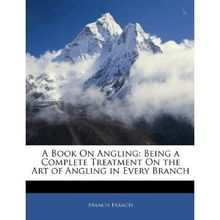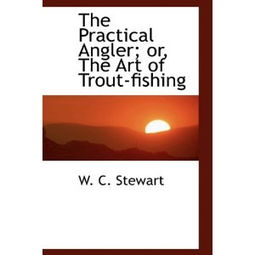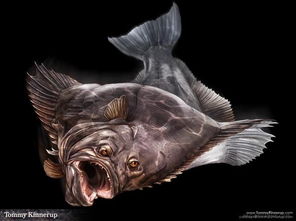Content:
Fishing is an ancient pastime that has been cherished by anglers for generations. The thrill of reeling in a big catch can be incredibly rewarding, but it requires more than just luck. Mastering the art of fishing involves understanding the habits of fish, choosing the right equipment, and employing effective techniques. In this article, we will delve into the intricacies of fishing and provide you with the essential tips to catch those elusive big fish.
Understanding Fish Behavior
Before you cast your line, it is crucial to understand the behavior of the fish you are targeting. Different species have different feeding patterns, preferences, and habitats. Here are some general tips to consider:
Research Your Target Species: Before setting out, research the fish species you are aiming to catch. Understand their size, feeding habits, and preferred environments. This knowledge will help you choose the right bait and lures.
Study the Habitat: Fish tend to congregate in specific areas based on the type of water they inhabit. Look for structures like rocks, logs, or vegetation where fish might hide or forage for food.
Time of Day: Fish are most active during certain times of the day. Early morning and late evening are often the best times to fish, as this is when fish are most likely to feed.
Choosing the Right Equipment

The equipment you use can significantly impact your chances of catching big fish. Here's what you need to consider:
Rod and Reel: Choose a rod and reel that are appropriate for the fish you are targeting. A lighter rod is generally better for more delicate presentations, while a heavier rod is suitable for larger fish.
Line: The thickness of your line should match the size of the fish you're after. Thicker lines are more visible to fish and can lead to spooking them, so use the thinnest line that is still strong enough to handle the fish you're targeting.
Bait and Lures: The type of bait or lure you use should mimic the natural prey of the fish you're targeting. For example, if you're fishing for bass, use live bait like worms or minnows, or artificial lures that resemble these creatures.
Techniques for Catching Big Fish
Now that you have the right equipment and an understanding of the fish you're targeting, it's time to learn some specific techniques:
Cast with Precision: Practice your casting technique to ensure you can place your bait precisely where you want it. This is especially important when fishing in areas with a lot of structure.
Work the Bait Slowly: Many big fish are bottom feeders and will take longer to notice and attack a slow-moving bait. Let your bait drift naturally, or use a slow retrieve with artificial lures.
Use Live Bait: Live bait can be more effective for catching big fish as it provides a more natural food source. Make sure your bait is lively and well-maintained to attract larger fish.
Adjust Your Tactic: If you're not having success, don't be afraid to change your approach. Try different baits, lures, or depths until you find what works.
Be Patient: Catching big fish requires patience. Big fish are often cautious and may take longer to respond to your lure or bait. Stay focused and give the fish time to approach.
Learn to Read the Water: Pay attention to the water's surface and listen for subtle signs that a fish may be nearby. Ripples, bubbles, or sudden movements can indicate the presence of a fish.
Set the Hook Properly: When a fish bites, set the hook quickly and firmly but without jerking the rod. This will ensure a good hookset and increase your chances of landing the fish.
Play the Fish Wisely: Once you've hooked a big fish, play it carefully. Avoid applying too much pressure, as this can tire the fish out and potentially cause it to break off. Allow the fish to tire itself out by swimming against the drag of your reel.
Conclusion
Catching big fish is a skill that takes time and practice to develop. By understanding fish behavior, choosing the right equipment, and employing effective techniques, you can increase your chances of landing that trophy catch. Remember, patience and persistence are key, and each fishing trip is an opportunity to learn and improve your skills. Happy fishing!












